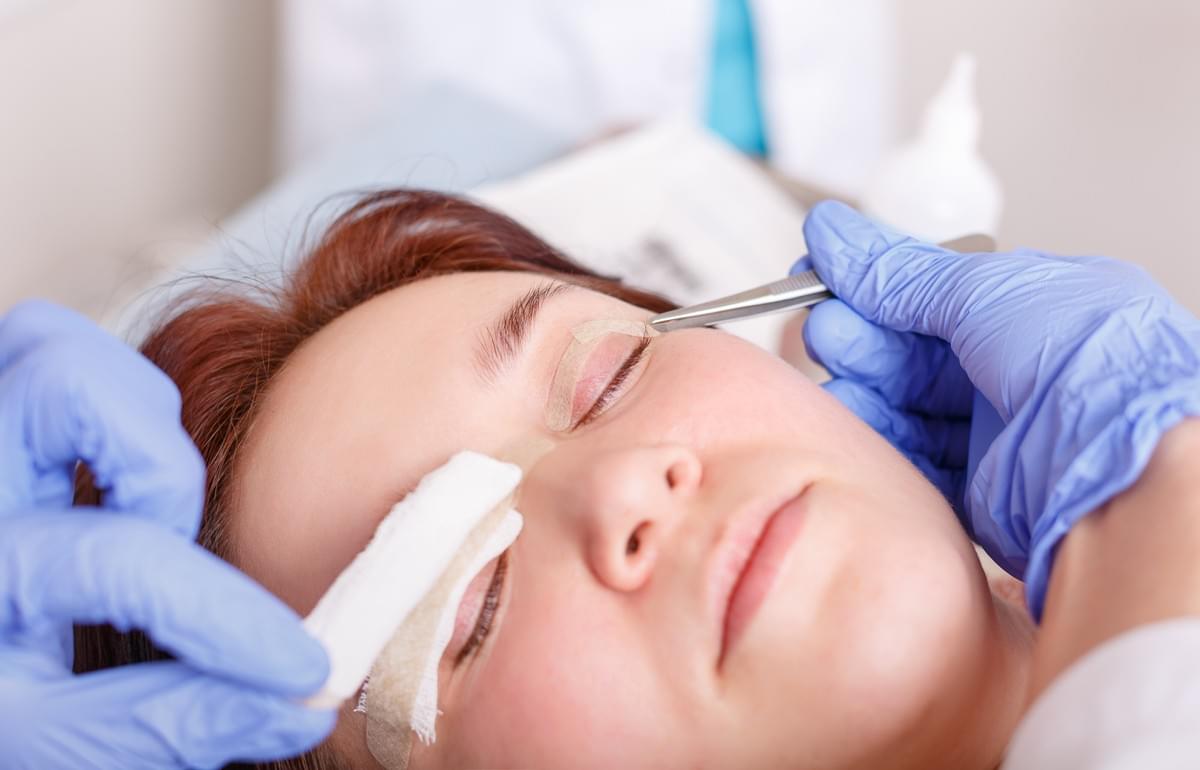
Plastic Surgery Residency Programs
Before you decide to undergo plastic surgery, you must know the risks and benefits of the procedure. The name of plastic surgery doesn't mean you'll end up looking like a plastic doll. It comes from the Greek word plastikos, which means "form," and also gives the name to the plastic material. Plastic surgery is not only about cosmetic appearance, it can also help you improve how your body functions. Reconstructive procedures can correct a physical birth defect or a traumatic injury or disease treatment.Cosmetic procedures are performed to correct defects in form and function in the integument, including the skin and mucous membrane. Reconstruction surgeries, such as nose reconstruction, involve changing the form and appearance of structures that have undergone trauma or cancer. Replantation and excisional surgery require specific skills.
The goal of plastic surgery is to restore normal function to a patient. Injectables are often used to improve a person's appearance.The residency program for plastic surgery requires a minimum of three years of training. Rotating internships and transitional years are not acceptable substitutes. To qualify for this residency program, candidates must have a medical degree from an ACGME-accredited institution, as well as at least two years of post-graduate clinical training. A final certification from the ECFMG is required for graduates of non-U.S. schools of medicine. The residency program will be supervised by a board-certified plastic surgeon.In choosing a plastic surgeon, you must find a highly skilled physician here who is a good fit for you. It's important to select a physician who is board certified, as this means he has passed rigorous exams and has proven his or her skill. The AAOS also recommends visiting a fellowship-trained surgeon, who is able to answer questions you may have. After all, your surgery will improve your self-image. While cosmetic surgery involves removing an unsightly scar, reconstructive surgery helps restore function and look. Both cosmetic and reconstructive plastic surgeons work to enhance their patients' self-esteem. They improve their patients' confidence, and even their quality of life. Most people undergo reconstructive plastic surgery through the NHS, although the availability of this service may depend on your area's clinical commissioning group. This is an option that should be considered if you have a physical defect that prevents you from enjoying a normal life. One dr. tracy pfeifer, a specialty in plastic surgery is an excellent choice for a career. Plastic surgery is a dynamic, ever-changing field, and there are many ways to specialize and meet different patient needs. By focusing on your goals and interests, you can design your practice to suit your personal preferences and help patients in unique ways. And remember that plastic surgery is an exciting and rewarding career path. There's no better time than now to start working for yourself. You'll love your work, and the job will make you a more confident and successful person. You'll be happy and well-respected in this career choice. During your residency in plastic surgery, you may not receive additional training in cosmetic surgery. While this type of post-residency training may not include common cosmetic procedures, it can help you get back into the work force sooner. You can resume work within a couple of weeks after your surgery. Some insurance plans will cover breast augmentation surgery. But if you want to save money, you can opt for breast reduction surgery. You can choose between a breast reduction and breast lift. Check out this page for more info about the topic above, https://en.wikipedia.org/wiki/General_surgery.